Huawei revenue growth slows as US sanctions begin to bite
But the defiant Chinese firm ploughs on regardless as it launches its Huawei Mate 40 smartphone


Huawei's revenue growth for the first three quarters of 2020 has drastically slowed compared to the same period last year.
The embattled Chinese giant saw revenues increase by 9.9% from January to September, a significant slowdown compared to the 24.4% growth record Huawei recorded the first nine months of 2019.
Huawei said its business results "basically met expectations", but there is a suggestion that US sanctions and pressure from governments to find alternatives have started to take a toll on the Chinese firm.
"As the world grapples with COVID-19, Huawei's global supply chain is being put under intense pressure and its production and operations face significant challenges," the firm said in a blog post. "The company continues to do its best to find solutions, survive and forge forward, and fulfill its obligations to customers and suppliers."
Huawei had previously warned that 2020 would be a tough financial year, particularly as it has had to pivot away from American suppliers and source alternative chips and software. It's hard to say where it has struggled as no detailed guidance has been released, but it's easy to speculate that the US blacklisting has had a significant impact.
In August, Gartner analysis suggested that Huawei had recorded the worst performance among the top five global smartphone vendors in the first quarter of 2020. Sales fell to 42.5 million, a decline of 27.3% year on year, which could be attributed to its first two releases without Google apps (Huawei Mate 30 and Huawei P40).
However, even with its first-ever decline in smartphone sales, the Chinese firm held on to second place with 14.2% of market share.
Get the ITPro daily newsletter
Sign up today and you will receive a free copy of our Future Focus 2025 report - the leading guidance on AI, cybersecurity and other IT challenges as per 700+ senior executives
"Huawei will have a challenging year," said Anshul Gupta, senior research analyst at Gartner. "It has developed the Huawei Mobile Service (HMS) ecosystem, but with the lack of popular Google apps and Google Play store, Huawei is unlikely to attract new smartphone buyers in international markets."
There was a brief period during the second quarter when Huawei had sold more units than Samsung. This was largely down to its presence in China where the markets had opened up again after lockdown. Samsung managed to recover by the end of the quarter to reclaim the top spot.
The impact of the coronavirus can obviously not be ignored, but as Gartner also pointed out, the smartphone market as a whole was shrinking beforehand. Apple noticeably had troubles after releasing 2018's iPhone Xs, which was viewed by many as too expensive.
Huawei's latest release, the Huawei Mate 40, is priced at £1,099.99, which might be a little too much in these difficult times.
Bobby Hellard is ITPro's Reviews Editor and has worked on CloudPro and ChannelPro since 2018. In his time at ITPro, Bobby has covered stories for all the major technology companies, such as Apple, Microsoft, Amazon and Facebook, and regularly attends industry-leading events such as AWS Re:Invent and Google Cloud Next.
Bobby mainly covers hardware reviews, but you will also recognize him as the face of many of our video reviews of laptops and smartphones.
-
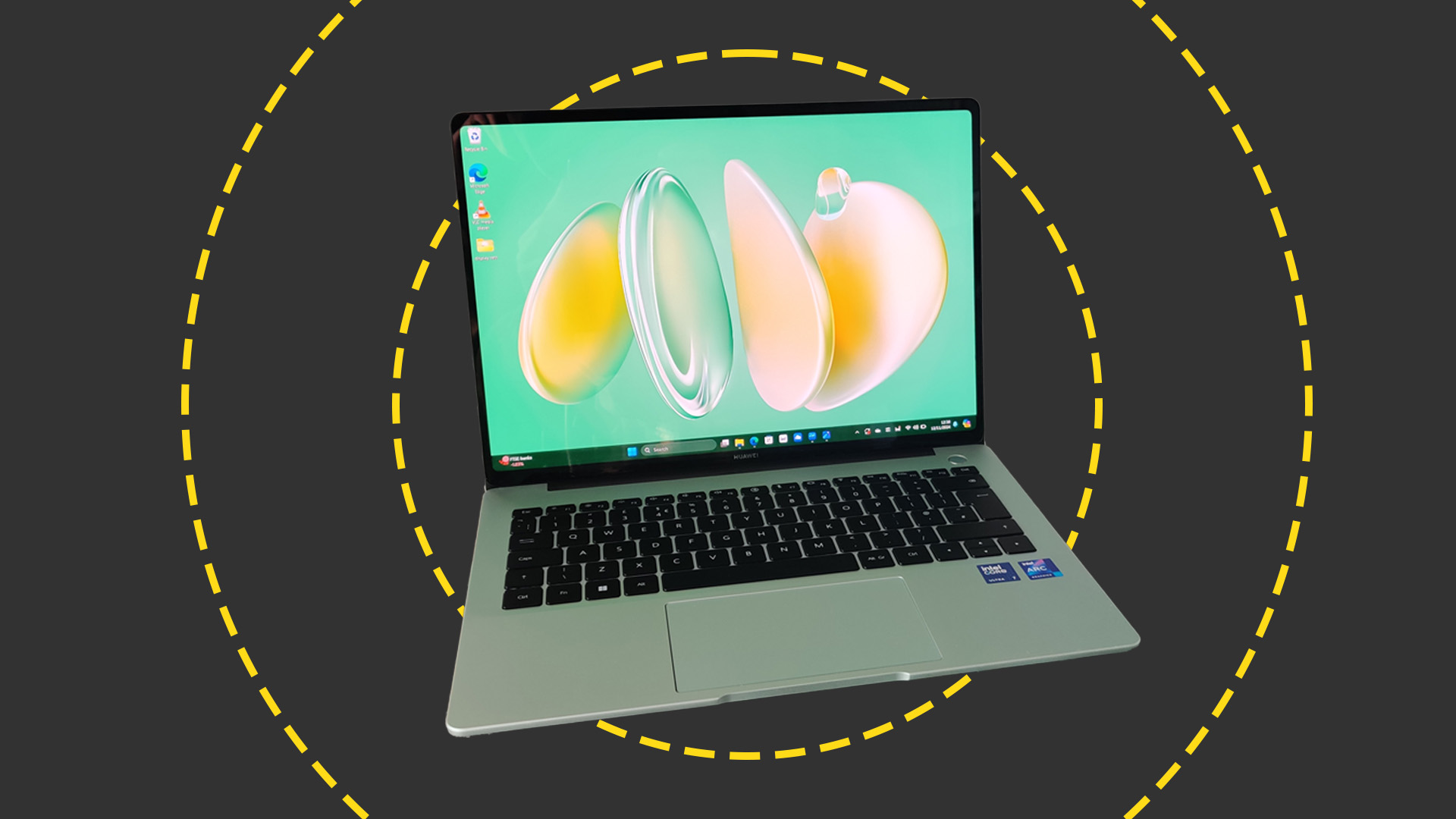 Huawei MateBook 14 (2024) review: A solid all-rounder with a stunning display
Huawei MateBook 14 (2024) review: A solid all-rounder with a stunning displayReviews An attractive, well-rounded device with a spectacular OLED display, but newer ARM-based Windows laptops offer that little bit more
By Solomon Klappholz
-
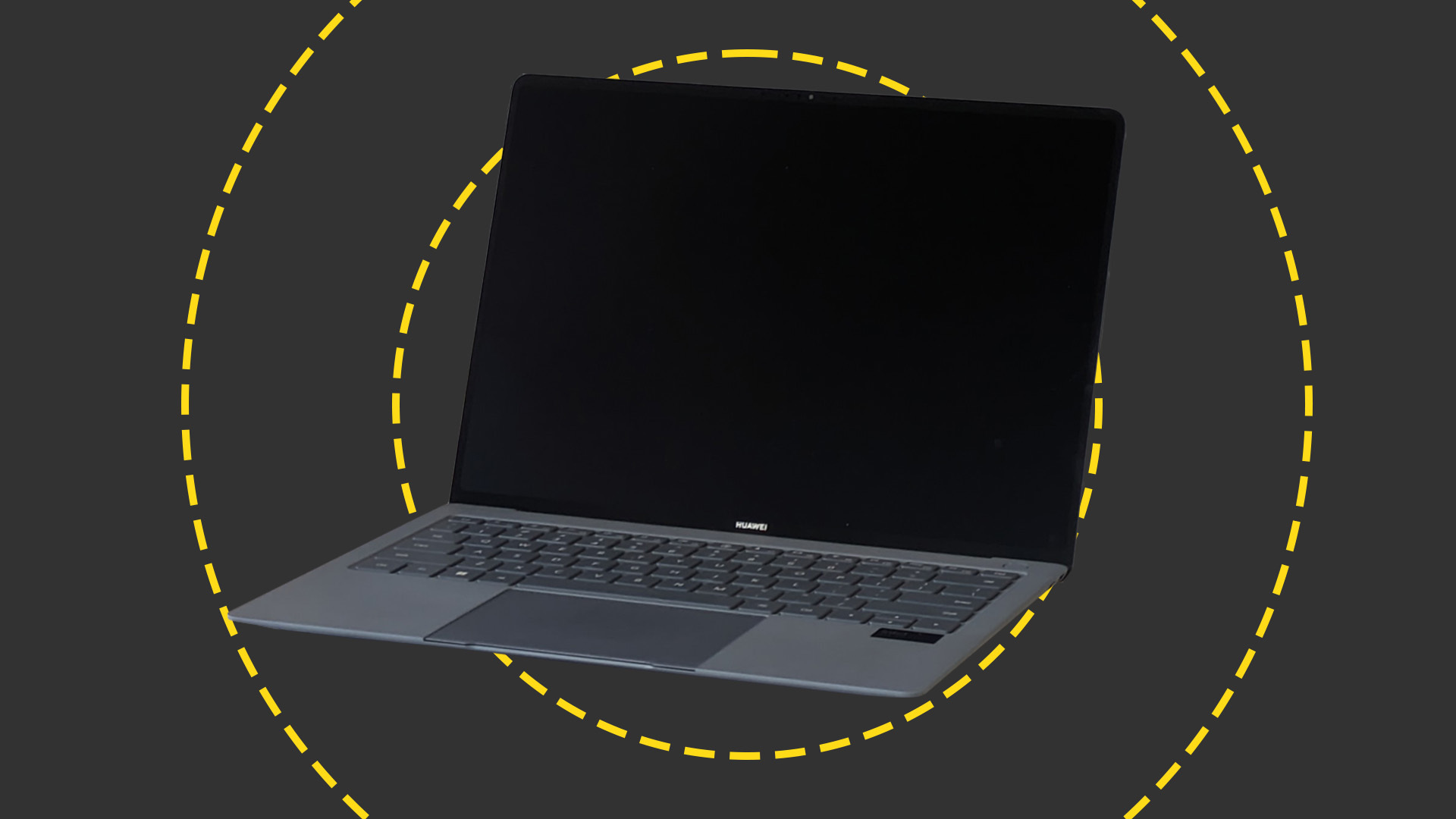 Huawei MateBook X Pro (2024): Executive elegance with the performance to match
Huawei MateBook X Pro (2024): Executive elegance with the performance to matchReviews An elegant Windows machine that can do it all and looks good doing it, with a display that will keep you coming back
By Solomon Klappholz
-
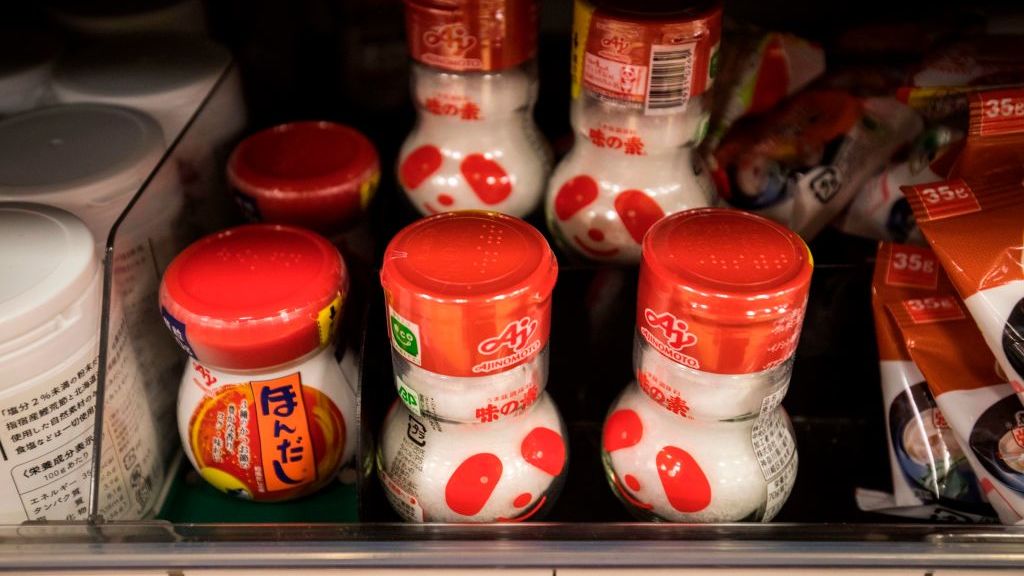 MSG giant Ajinomoto's chipmaking foray helps break financial records
MSG giant Ajinomoto's chipmaking foray helps break financial recordsNews In addition to umami seasoning, the company produces a microfilm insulation used by the semiconductor industry which was repurposed from its amino acid technology
By Zach Marzouk
-
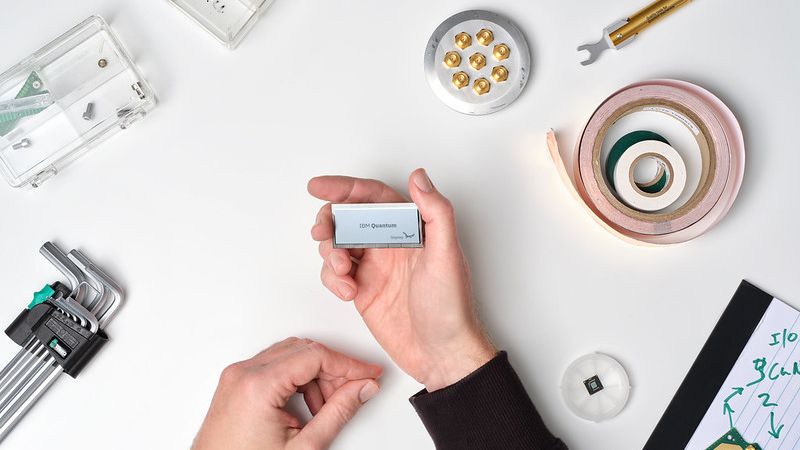 IBM unveils its 'most powerful' 433-qubit quantum processor
IBM unveils its 'most powerful' 433-qubit quantum processorNews The Osprey is three times more powerful than IBM's 127-qubit Eagle processor the company launched a year ago
By Zach Marzouk
-
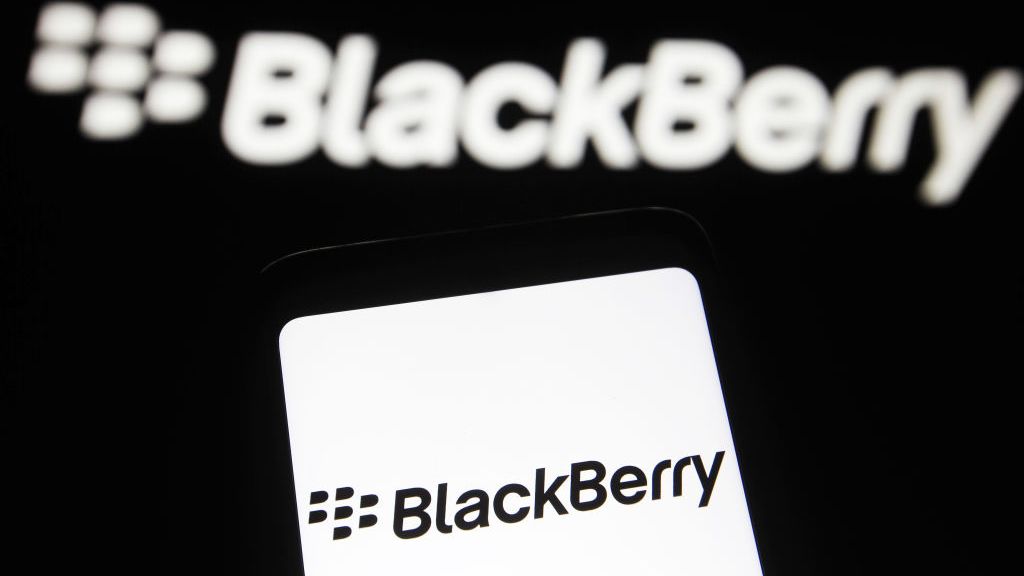 Blackberry revenue falls by 4% as cyber security division takes hit
Blackberry revenue falls by 4% as cyber security division takes hitNews Despite this, the company’s Internet of Things (IoT) division increased its revenue by 28% as it attracted new customers from the automotive sector
By Zach Marzouk
-
 New Huawei Mate 50 phone can link up with Chinese satellite system
New Huawei Mate 50 phone can link up with Chinese satellite systemNews This makes it the first smartphone maker to bring satellite communication technology to the consumer market
By Zach Marzouk
-
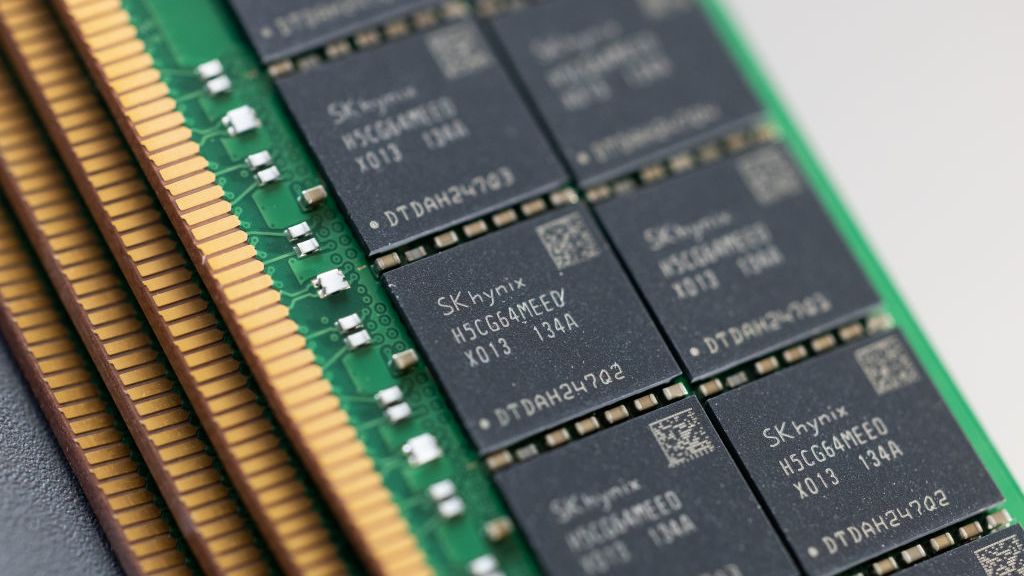 SK Hynix splashes out $11 billion on new semiconductor plant
SK Hynix splashes out $11 billion on new semiconductor plantNews The company will produce memory chips, but will reportedly decided closer to the time whether they will be DRAM or NAND flash chips depending on market conditions
By Zach Marzouk
-
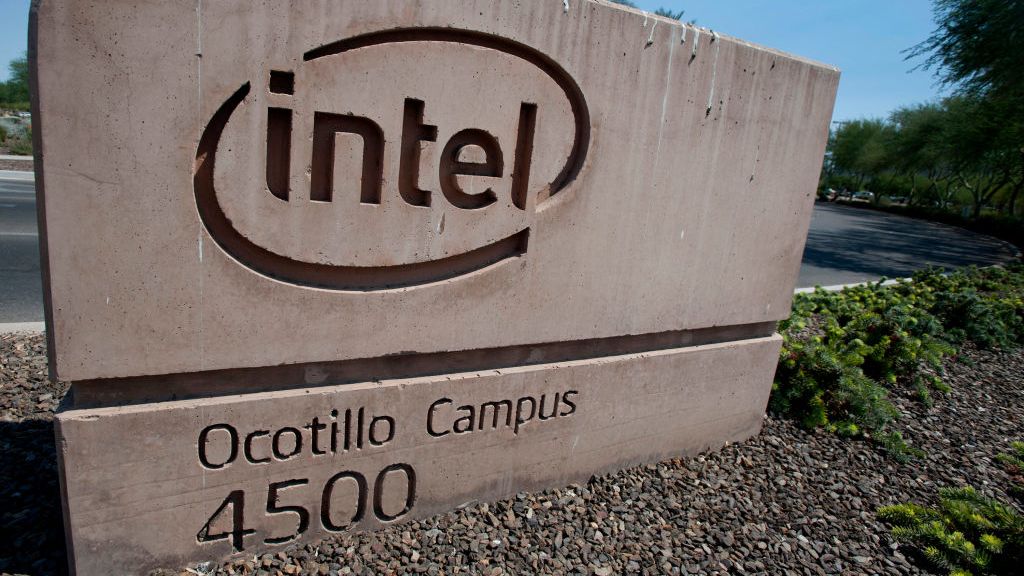 Intel strikes $30 billion private equity partnership to fund Arizona plant expansion
Intel strikes $30 billion private equity partnership to fund Arizona plant expansionNews Brookfield Infrastructure Partners will invest around $15 billion into the expansion of the chipmaker’s Ocotillo campus
By Daniel Todd

